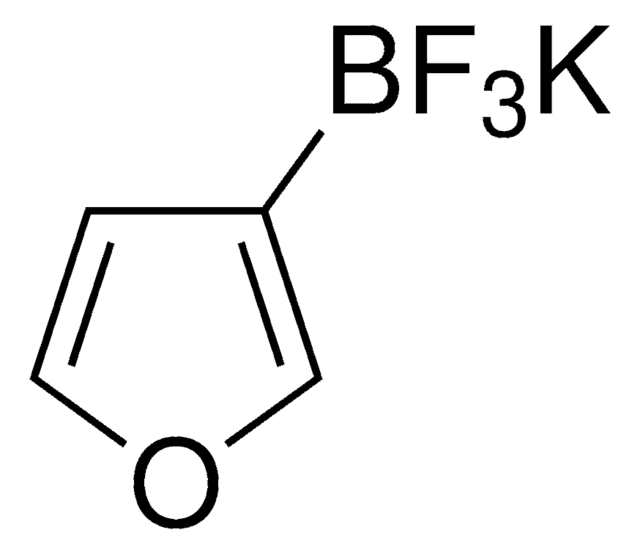730491
Heptanes, mixture of isomers
contains ≥25% n-heptane, ReagentPlus®
About This Item
Recommended Products
Quality Level
product line
ReagentPlus®
Assay
≥99.0%
form
liquid
contains
≥25% n-heptane
greener alternative product characteristics
Safer Solvents and Auxiliaries
Learn more about the Principles of Green Chemistry.
sustainability
Greener Alternative Product
technique(s)
HPLC: suitable
impurities
≤0.01% (water)
bp
92-100 °C
density
0.693 g/mL at 25 °C
greener alternative category
SMILES string
C(CCC)CCC
InChI
1S/C7H16/c1-3-5-7-6-4-2/h3-7H2,1-2H3
InChI key
IMNFDUFMRHMDMM-UHFFFAOYSA-N
Looking for similar products? Visit Product Comparison Guide
General description
The product is a mixture of heptane isomers with ≥25% n-heptane. The influence of the molecular structure of heptane isomers on the combustion rate was investigated. The thermodynamic changes on mixing heptane isomers with hexadecanes were reported. The performance of Pd/SAPO (palladium/silicoaluminophosphates)-5 and Pd/SAPO-11 molecular seives in the hydroconversion of heptane isomers was studied. Photolysis of heptane isomers by one-color 157nm ionization was analyzed using ion imaging and time-of-flight mass spectroscopy.
Application
Features and Benefits
Other Notes
Legal Information
Not finding the right product?
Try our Product Selector Tool.
Signal Word
Danger
Hazard Statements
Precautionary Statements
Hazard Classifications
Aquatic Chronic 2 - Eye Irrit. 2 - Flam. Liq. 2 - Skin Irrit. 2 - STOT SE 3
Target Organs
Central nervous system, Respiratory system
Storage Class Code
3 - Flammable liquids
WGK
WGK 2
Flash Point(F)
46.4 °F - closed cup
Flash Point(C)
8 °C - closed cup
Regulatory Listings
Regulatory Listings are mainly provided for chemical products. Only limited information can be provided here for non-chemical products. No entry means none of the components are listed. It is the user’s obligation to ensure the safe and legal use of the product.
FSL
Group 4: Flammable liquids
Type 1 petroleums
Hazardous rank II
Water insoluble liquid
JAN Code
730491-200L:
730491-VAR:
730491-20L:
730491-18L-CS:
730491-2.5L:
730491-4X4L-PB:
730491-BULK:
730491-1L:
730491-4L:
730491-4X4L:
Choose from one of the most recent versions:
Already Own This Product?
Find documentation for the products that you have recently purchased in the Document Library.
Customers Also Viewed
Related Content
Why should you have to choose between solvents that are ecological and those that are reliable? Enjoy both at once with our biorenewable and greener solutions. Cyrene™ solvent is a new dipolar aprotic alternative to common REACH restricted solvents, such as N methyl-2-pyrrolidone (NMP) and Dimethylformamide (DMF).
Our team of scientists has experience in all areas of research including Life Science, Material Science, Chemical Synthesis, Chromatography, Analytical and many others.
Contact Technical Service




![Poly[4,5-difluoro-2,2-bis(trifluoromethyl)-1,3-dioxole-co-tetrafluoroethylene] dioxole 87 mol %](/deepweb/assets/sigmaaldrich/product/structures/951/320/21327fcd-4960-402d-8ae1-bf2e379cb2e2/640/21327fcd-4960-402d-8ae1-bf2e379cb2e2.png)




